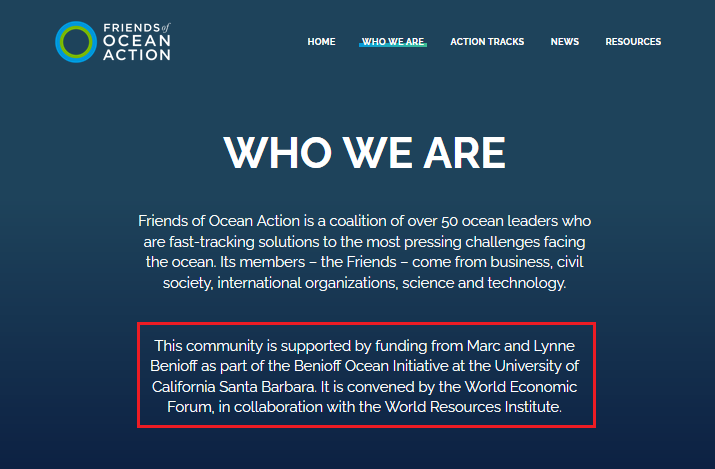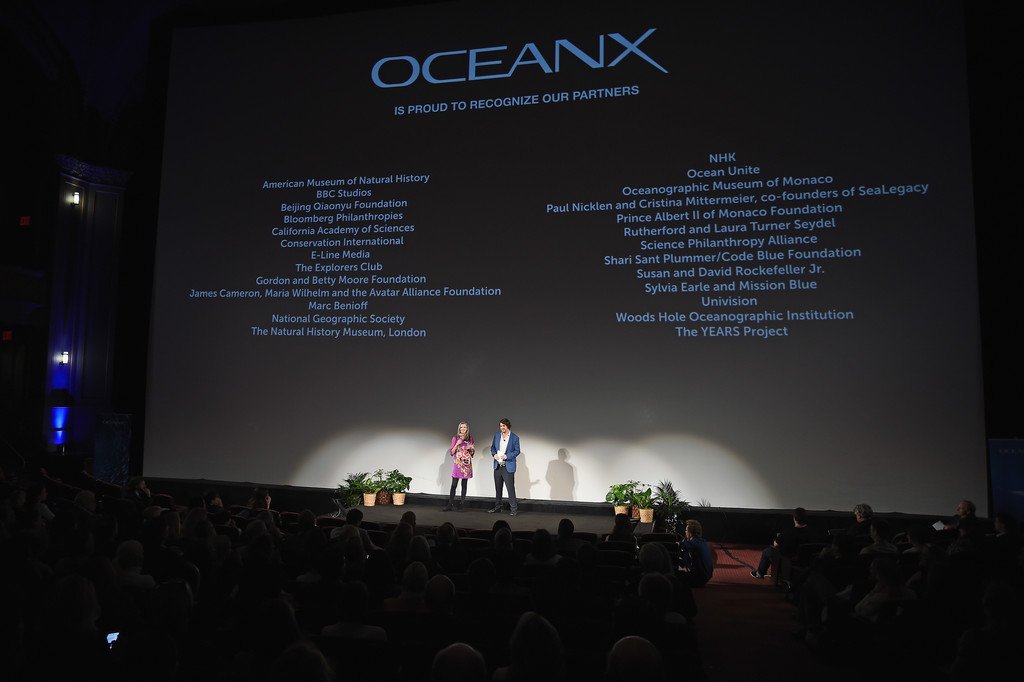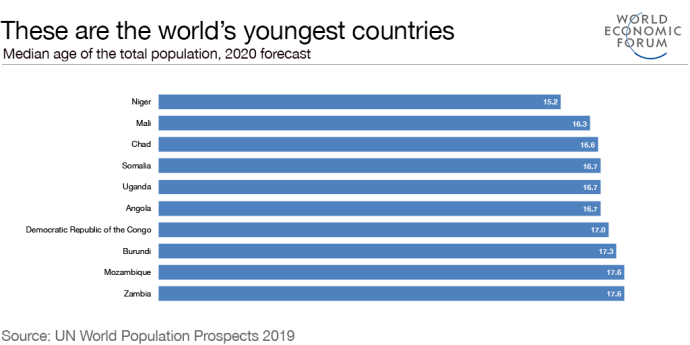Mar 13
20210
Neo-Liberalism and the Defanging of Feminism, Pacifism as Pathology, Social Engineering, Whiteness & Aversive Racism
Coca-Cola Fourth Industrial Revolution Global Shapers Great Reset Greenpeace New Power Procter & Gamble Salesforce Saving Capitalism Social Engineering TIME Magazine UpLink World Economic Forum Youth Demographic
The Shapers of Slavery – A Global Project of the World Economic Forum [Winter Oak Series]
January, 2021
“The Shapers of Slavery”. A 5-part investigation of the World Economic Forum’s “Global Shapers” initiative – by Winter Oak.
“Over 900 Global Shapers joined World Economic Forum Founder and Executive Chairman Klaus Schwab for talks on the Great Reset initiative. Putting the world back on a path towards inclusive and sustainable development will require more than a global recovery. It will require a Great Reset that places all citizens, especially young people, at the heart of social and economic systems.” — Global Shapers Community Annual Report 2019–2020
Source: http://killercoke.org/
Part I, January 9, 2021:
Excerpt:
“But, in fact, Schwab’s Great Reset is not just rhetoric: he and his corporate accomplices have been busy, for many years, building up a massive networks of collaborators to spring their heist.
One of these is the Global Shapers Community, set up by Schwab in 2011, registered in Geneva, Switzerland, and based at the World Economic Forum offices.”
Part II, January 10, 2021:
Excerpt:
“A democratic society shapes itself – by means of the participation of its citizens in discussing and deciding how things should be organised and to what ends.
But, as even their name reveals, the Global Shapers want to “shape” society from above and in their own interests.”
Part III, January 11, 2021:
Excerpt:
“This is a world of “social impact investing”, of lucrative human and natural “capital”, a world of blockchain, robotics and AI, of equity funds and pharmaceutical businesses, a world of exponential profit and exploitation hidden behind a rhetoric of “inclusivity”, “sustainability” and “systemic change”.
Part IV, January 12, 2021:
Excerpt:
“As the pandemic awakened the collective to long-standing system gaps, we mobilized a global community to reflect, reimagine, and reset our world.”

“As the International Organization for Public-Private Cooperation, the World Economic Forum, acting as partner to the World Health Organization, is mobilizing all stakeholders to protect lives and livelihoods.”
Part V, January 13, 2021:
Excerpt:
“We would encourage everyone to explore and expose the identity and activities of hubs in their own area, starting with the information the Global Shapers have so helpfully provided for us.
We would also encourage you to seek out your local Global Shapers and confront them with questions, whether via social media or in the real world.”







































































![Video still. Peter Schwartz, Salesforce "welcomes Klaus Schwab, World Economic Forum Executive Chairman and Founder, into the Salesforce LIVE Studio for a chat about the future of global governance." [2014]](https://i0.wp.com/www.wrongkindofgreen.org/wp-content/uploads/2020/03/salesforce-live.png?resize=690%2C471&ssl=1)







